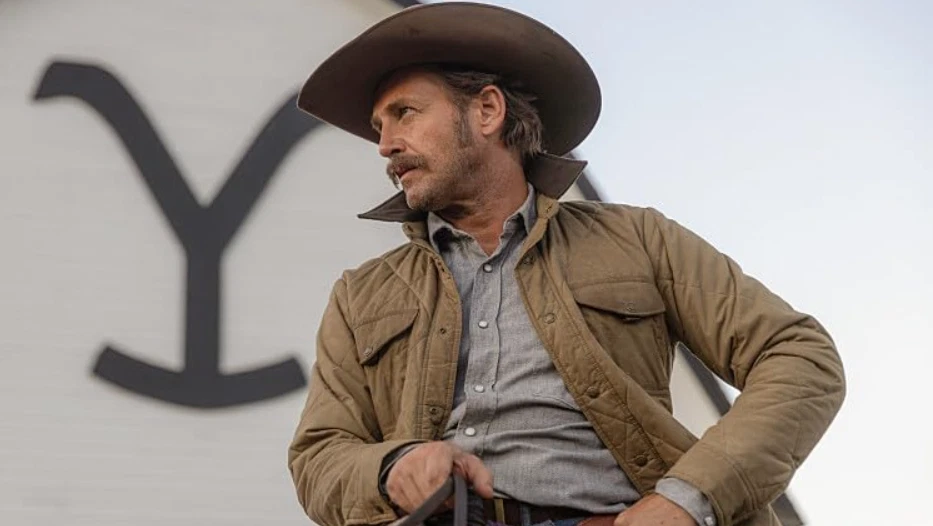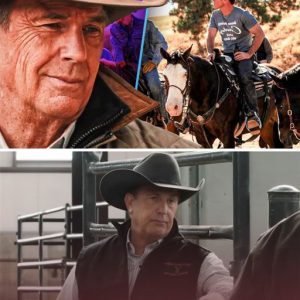Taylor Sheridan’s brainchild, Yellowstone, has truly taken the bull by the horns
in the American cultural rodeo, yet it seems to be galloping into uncharted waters.
Despite its soaring popularity, akin to a high-flying eagle in the mountainous Montana sky,
and branding of it as “the most red-state show” on TV, it curiously remains an underdog in the eyes of critics. While many admirers are thrilled about Yellowstone, some detractors do not share this enthusiasm because they claim the show purposefully promotes conservative ideals. But Sheridan won’t accept such whines.
A closer look at the numbers reveals an intriguing paradox: Succession, the media darling, is Yellowstone’s mirror image in its depiction of a patriarch’s empire at a crossroads. However, in a head-to-head viewership showdown, Yellowstone’s episodes more often defeated its rival in the previous season.
So, why does this unbridled success story seem to ride solo without critical acclaim?
The Complexities of ‘Woke’ Perceptions: Taylor Sheridan’s Take on Yellowstone’s Real-Life Issues

There are two TV shows that couldn’t be more different yet share a strange connection. Succession and Yellowstone may seem like polar opposites, but they are actually two sides of the same coin, like yin and yang or salt and pepper. One is the fancy appetizer at a five-star restaurant, while the other is the juicy steak at a classic diner.
Succession, with its highbrow pedigree and critical acclaim, is like a fine wine aged to perfection, while Yellowstone is more like a cold beer at a backyard barbecue – refreshing and satisfying. Despite the latter’s popularity and devoted fan base, it seems to be the black sheep of the television family when it comes to awards and critical recognition.
Sadly, Taylor Sheridan’s show is like the goofy cousin at a family reunion – everyone loves them, but they never quite get the respect they deserve. Some critics have suggested that Yellowstone’s lack of awards success is due to its “anti-woke” nature, but Sheridan scoffed at the idea that his show is simply “the most red-state show on television” (see The Atlantic).
He contended that “responsible storytelling” is the most paramount component of creative direction. In addition, he highlighted a few themes from Yellowstone that, in his opinion, make it absurd to infer an “anti-woke” agenda.





